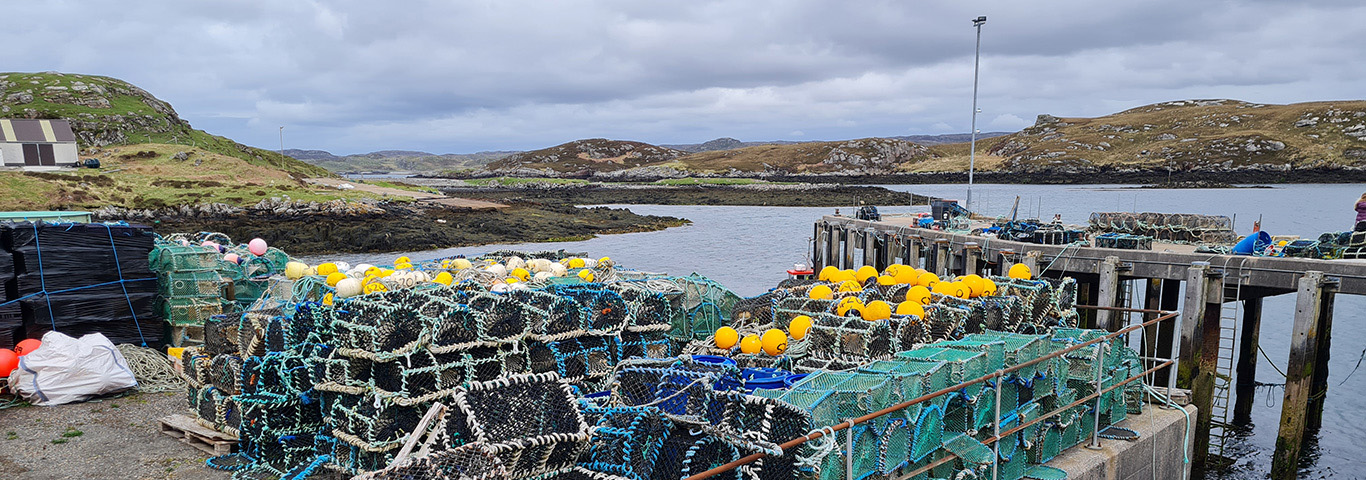All Regions
12 Nov 2021
Cabinet Secretary announces new blue carbon initiative at in...
Rural Affairs Secretary Mairi Gougeon announces the Blue Carbon International Policy Challenge, which will provide funding for up to five projects in 2022, at a...
